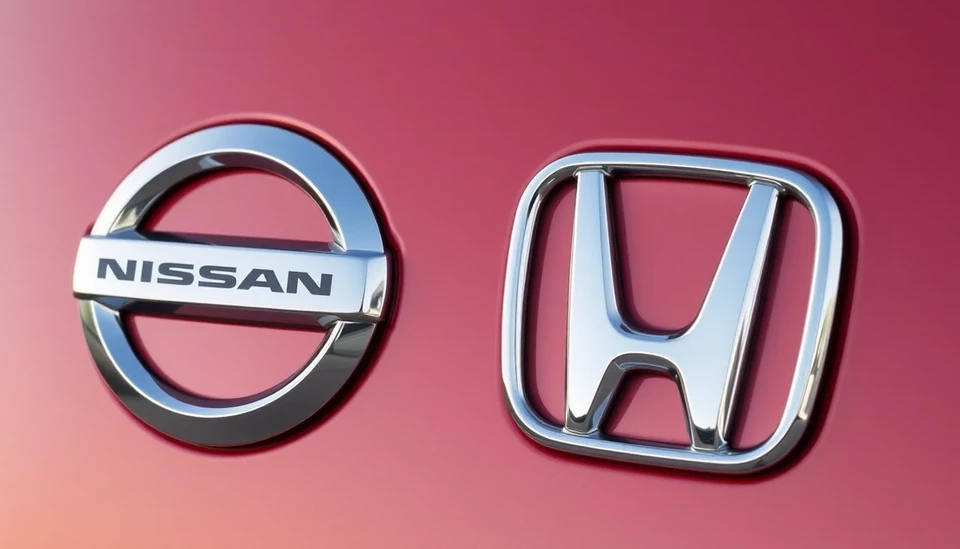
In a significant turn of events for the automotive industry, discussions surrounding a potential merger between Nissan and Honda have surfaced, sparking both interest and speculation. This development comes amid ongoing troubles for Nissan, as the company grapples with various issues including declining sales and a tarnished reputation, while Honda appears to be in a stronger position to potentially benefit from such a consolidation.
Nissan, once a powerhouse in the global automotive market, has been facing various challenges that have left industry analysts and investors concerned. The company has reported a continuous decline in demand for its vehicles, particularly in key markets like the United States and Europe. Furthermore, the fallout from the scandal involving former Chairman Carlos Ghosn has negatively affected the brand, contributing to a lack of consumer confidence. Despite efforts to revamp its models and strategies, Nissan's recovery has been sluggish at best.
On the other hand, Honda has maintained a more stable trajectory. The company has seen a relatively strong performance in its core market segments, thanks to a resilient lineup of vehicles and an adept response to consumer demands. Observers point out that Honda's robust position in the market could create a synergistic effect if a merger were to occur, allowing Nissan to tap into Honda's successful operational strategies and customer loyalty.
The automotive landscape is shifting, with consumers increasingly leaning towards electric vehicles (EVs) and innovative technologies. As part of this transformation, both companies have recognized the importance of adapting to these changes. A merger could allow for pooled resources toward research and development, particularly in areas like electrification, autonomous driving, and cutting-edge technologies that define the future of the automotive industry.
Furthermore, industry insiders believe that a merger could present economies of scale that would enable the combined entity to reduce costs, streamline operations, and enhance competitive positioning against giants such as Toyota and Volkswagen. This could potentially lead to a more formidable player in the market, with increased bargaining power and a broader global reach.
However, the potential merger is not without its hurdles. Cultural differences between the two companies, differing corporate strategies, and the complexities of integrating workflows and management structures represent significant challenges that would need to be addressed. Additionally, the merger would likely draw scrutiny from regulatory bodies, necessitating careful navigation to gain approval.
As the discussions progress, both companies will need to weigh the risks and rewards of such a partnership. Investors, industry analysts, and consumers alike are eagerly watching the situation unfold, as it could reshape the landscape of the automotive industry in the years to come.
In conclusion, while a merger between Nissan and Honda could present a compelling opportunity for revitalizing Nissan and enhancing Honda's market position, the path to realization is fraught with challenges. The automotive world may be on the brink of a significant transformation, and only time will tell if these two giants can indeed forge a partnership that will drive them toward a brighter future.
#NissanHondaMerger #AutomotiveIndustry #ElectricVehicles #BusinessNews #MarketTrends
Author: John Harris




